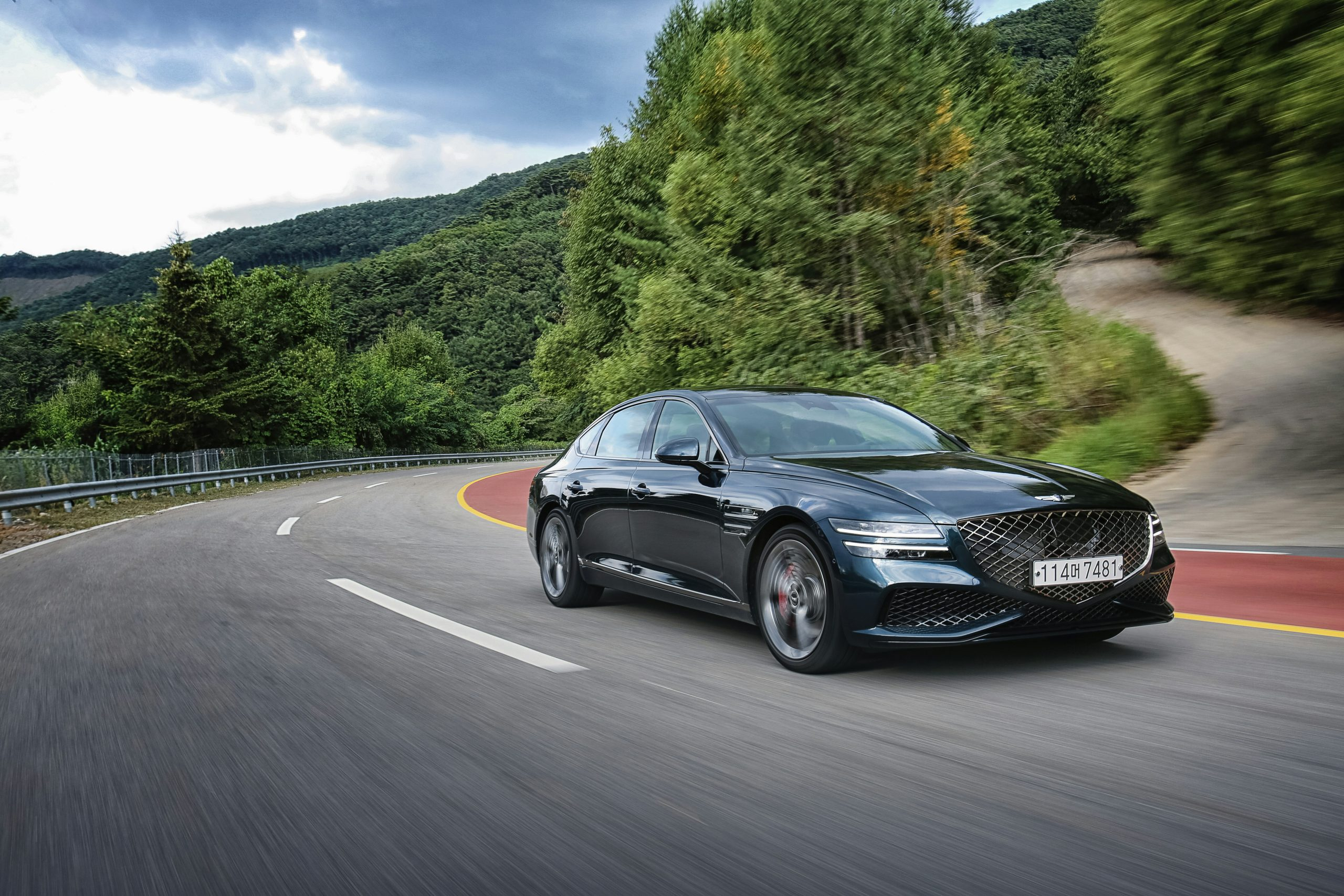How to Maximize Fuel Efficiency in Any Vehicle
Fuel efficiency has become a top priority for many drivers, especially as gas prices continue to rise. And for good reason – not only does it save money, but it also reduces our carbon footprint and benefits the environment. While electric and hybrid vehicles offer a more sustainable solution, they may not be attainable for everyone at the moment. So, how can we maximize fuel efficiency in any vehicle? In this article, we’ll explore some tried and tested tips that will help you optimize your vehicle’s fuel consumption and save you some bucks at the pump. 
Why Fuel Efficiency Matters
Before we dive in, let’s take a moment to understand why fuel efficiency is vital. The average American spends about $2,000 a year on gas, and that number is only expected to increase. Not to mention, burning fuel emits pollutants such as carbon monoxide and nitrogen oxides, which contribute to air pollution and global warming. By maximizing your vehicle’s fuel efficiency, you can save money and reduce your impact on the environment.
Keep Up with Regular Maintenance
The first step to maximizing fuel efficiency is to keep up with your vehicle’s regular maintenance. Getting your oil changed, replacing air filters, and ensuring proper tire pressure are all key to keeping your car running smoothly and efficiently. If your car is running on old oil or with clogged air filters, it’s likely using more gas than necessary. Be sure to follow your manufacturer’s recommended maintenance schedule to keep your vehicle in top shape.
Drive Smart
How you drive can also have a significant impact on your vehicle’s fuel efficiency. Avoid accelerating rapidly and braking suddenly, as this uses up more fuel. Instead, practice gradual acceleration and coasting to a stop. Maintaining a steady speed can also help you save gas, so try to avoid frequent and unnecessary lane changes. Additionally, using cruise control on the highway can help you maintain a consistent speed and maximize fuel efficiency.
Plan Your Routes
Planning your routes can also help you save on gas. Take a moment to consider the most efficient route to your destination, rather than just relying on your GPS. Highways and main roads are often more efficient than taking side streets. Planning your errands in a logical order can also help you avoid unnecessary backtracking and save on gas.
Reduce Vehicle Weight
The more weight your vehicle carries, the harder it has to work to move. This, in turn, uses up more fuel. Remove any unnecessary items in your car, such as heavy sports equipment or gardening tools. Also, avoid using your trunk as a storage space – the lighter your vehicle, the better it will perform in terms of fuel efficiency.
Reduce Idling Time
Idling your vehicle can also significantly reduce fuel efficiency. When your car is idling, it still burns fuel but doesn’t move. So, if you find yourself waiting in the car for more than a minute, turn off the engine. This simple action can help you save significantly on gas and reduce your vehicle’s emissions.
Consider Fuel-Efficient Options
When it’s time to upgrade your vehicle, consider investing in a fuel-efficient model. Hybrid and electric vehicles use less gas and can save you money in the long run. If these options are not attainable for you, at least try to opt for a smaller, more fuel-efficient car. Additionally, more modern cars often come with advanced fuel-saving technologies, such as automatic start-stop systems, which can further enhance your vehicle’s fuel efficiency.
Conclusion
By following the tips mentioned in this article, you can easily maximize fuel efficiency in any vehicle. Keeping up with regular maintenance, driving smart, and planning your routes can go a long way in saving you money at the pump and reducing your impact on the environment. Remember, small changes can add up to significant savings in the long run. So, start implementing these tips today and reap the benefits of a fuel-efficient vehicle.










